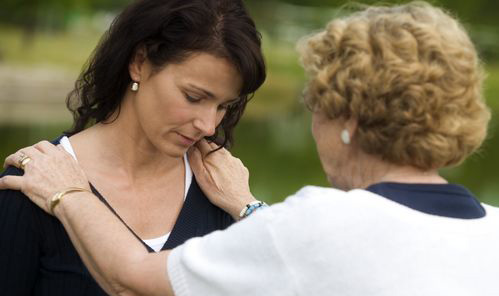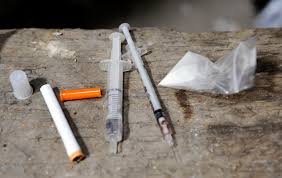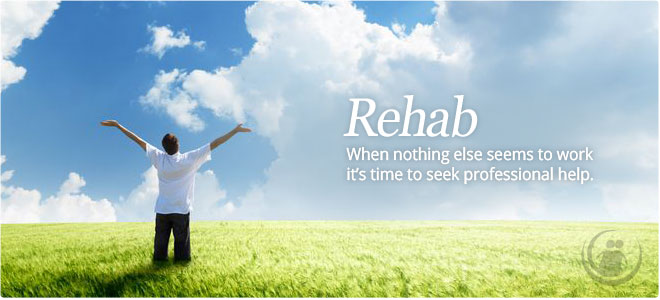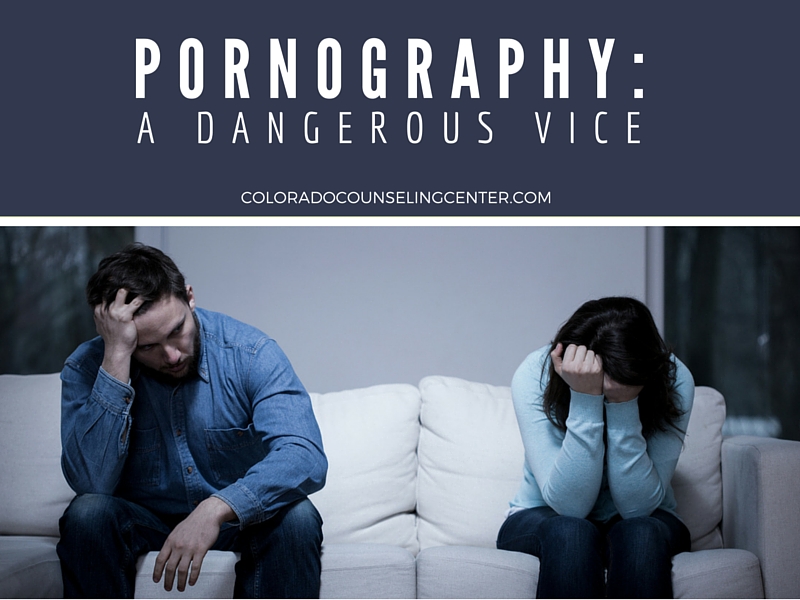Family responsibilities in controlling addiction

Family responsibilities in controlling addiction will go a long way in uniting the breaking relationships and marriages
Family responsibilities in controlling addiction: Working closely with addicts
A common scenario in working with individuals and families around alcohol and drug abuse and dependence can be very complicated but with keep observation of the family responsibilities in controlling substance abuse, it could be made easier. Experts at AWAREmed health and wellness resource center agrees that families have a big role to play in helping their loved ones get better as oppose to how the world looks at the victims in a way that:
- The abuse of the substance usually ends up in trouble in their environment be it at school, work, legally or in relationships within the family and outside the family.
- Because of their drinking and drug use, and they’re out of control behavior they become the focus of attention and considered as the problem or troublemaker.
- In the treatment world they are called the identified patient but to the family, these individuals have issues which need fixing before the family can get their normal lives back.
Much of the energy and attention is put on the addicted patients to change their “crazy” behavior. The problem is that many at times they are not able to at that point in time, meaning that you will be asking someone who is out of control to take control. It normally doesn’t work that way and the condition continues to deteriorate until someone else take that control normally the court, police or families members.
Therefore if the 3-C’s say “you can’t control it,” what then do you control? Well, exercise of control may be done if pressure is exerted upon an individual like the threat of being put jail, job loss, divorce or eviction this way they may consent to go into treatment which will, hopefully, begin the process of change desired. Keen note should be taken as consenting to treatment may be used as an escape from the current situation (pressure) and once it ends the individual quickly returns to their prior behaviors and lifestyle.
Doctor Dalal Akoury agrees that treatment is very vital, but it has its limitations, it is only the beginning. If all the underlying conditions like stressors, relationships, etc. in a persons’ life remain unchanged, returning from treatment and sustaining that positive change may be very difficult. Many families believe that by sending someone for treatment will cure them and that during the treatment period they will be free from the crazy behaviors of the patient. That should not be the case, for lasting recovery and the family should get involved in the whole process, before, during and after treatment.
Family responsibilities in controlling addiction: Understanding the family dynamics
Finally, it can be easy to complain about your loved one addiction condition and that us where the families always miss the point. The point is appreciating families and family dynamics may be complicated and difficult and to add alcohol and drugs further complicates the already complicated situation. Much as we have these substances around us many families do not have full information about alcohol and drug abuse and addiction and that is why doctor Akoury created this facility to transform each individual’s life through increasing awareness about health and wellness and by empowering individuals to find their own inner healing power. If this is your problem, you can call on the experts at AWAREmed for the commencement of your recovery program.
Family responsibilities in controlling addiction: Working closely with addicts
http://regenerativepotential.com/wp-admin









